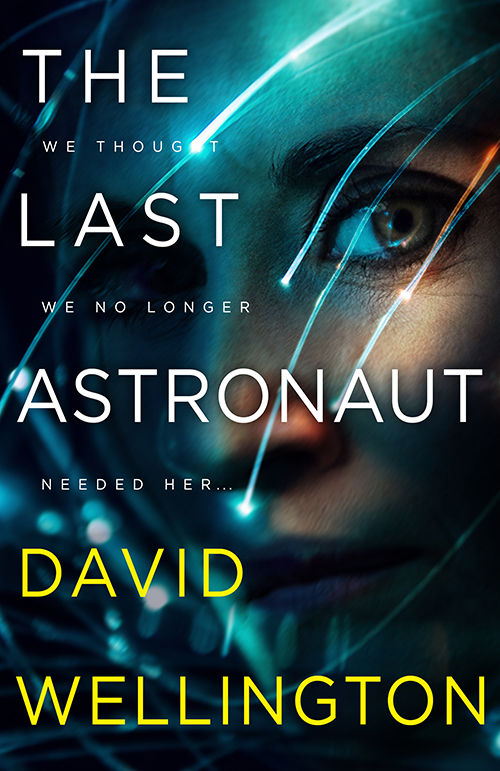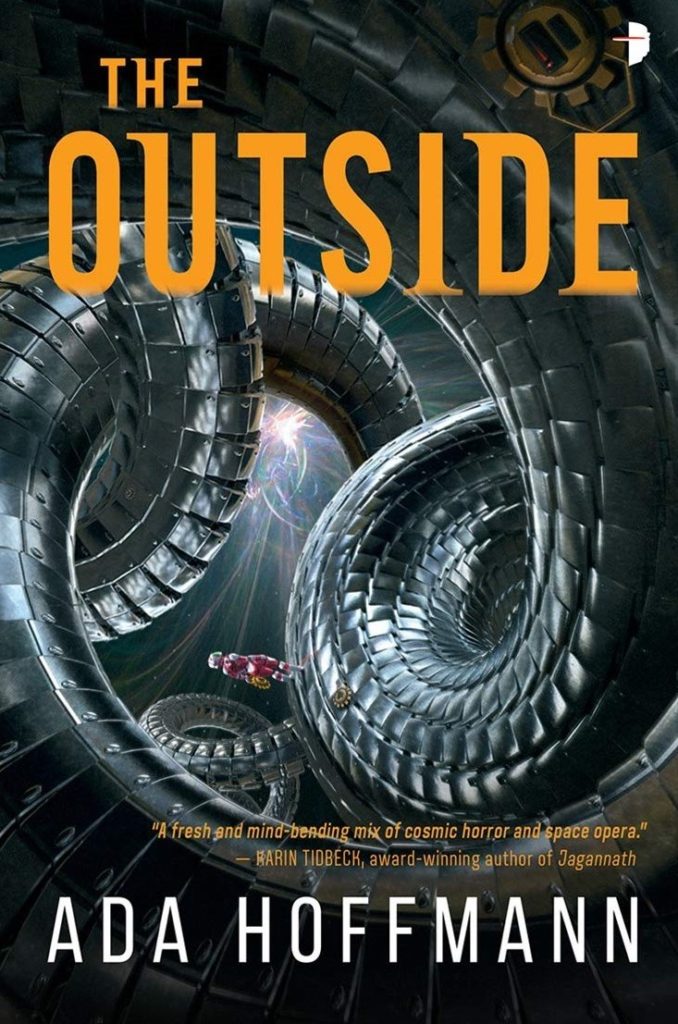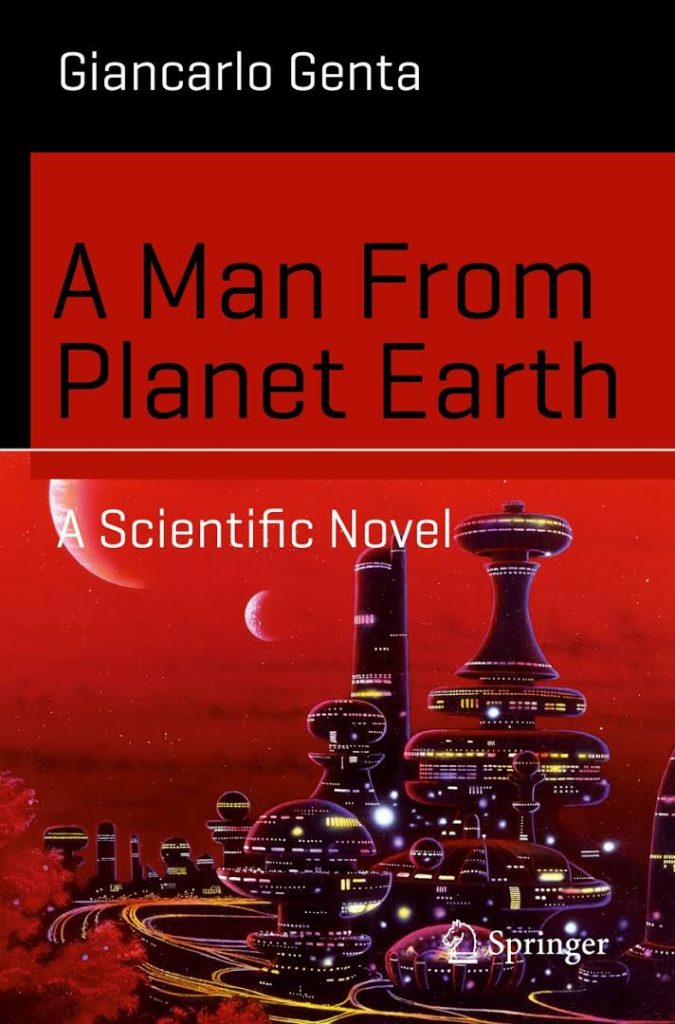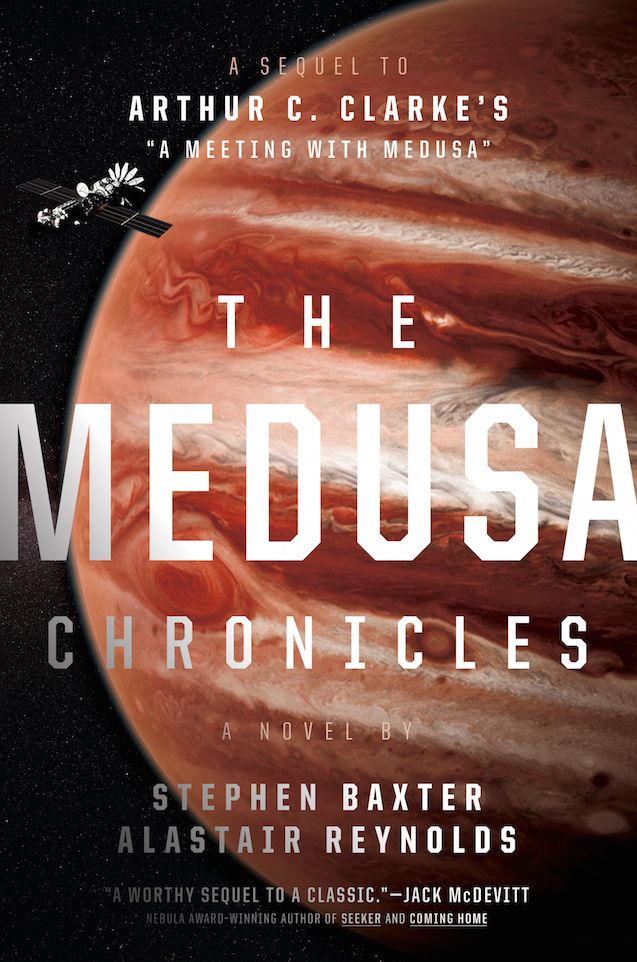Book Review: THE LAST ASTRONAUT by David Wellington

Some books grab me by title alone. As someone whose life has been spent very emotionally involved with the fortunes of the United States’ space program, I felt positively yanked by David Wellington’s The Last Astronaut. An actual last astronaut is something that I fervently hope never actually exists except in the extremely long-term “heat death of the universe” sense. The idea has haunted me since at least my teenage years when I grappled with Bruce Sterling and William Gibson’s melancholy short story, “Red Star, Winter Orbit.” In this story, there are still people going into space, but only for commercial gain; the tasks are finite, clearly defined, not even suggested if they don’t enhance shareholder value. Whatever the members of such crews are, they are not astronauts. They are not exploring the sea of stars. It’s a sad and all too plausible vision of the future of the space program. The Last Astronaut has its own unique take on the future of human space travel. Just look at the cover!
Book Review: THE OUTSIDE by Ada Hoffman

With a boffo combination of hard science fiction, cosmic Lovecraftian horror, both cyber- and god-punk, some ridiculously charismatic aliens, and a fascinating female protagonist somewhere on the autism spectrum, Ada Hoffman’s The Outside feels like it was made to order for us here at Skiffy and Fanty! But this isn’t just another space adventure, and its protagonist’s uniqueness, however refreshing, is not the most interesting thing about it. The Outside is a work of near-maddening subtlety that plays with an interesting set of conundra: given that we perceive the universe via kluged-together sense organs with very limited range, how much of what is actually Outside can we comprehend? Say we try to do something about it and invent machines to augment our senses. And then we let them evolve into godlike self-aware entities. The better to expand our horizons?
Book Review: A Man from Planet Earth by Giancarlo Genta

Starting in 2014 Springer began publishing books in their Science and Fiction series, a collection “born out of the recognition that scientific discovery and the creation of plausible fictional scenarios are often two sides of the same coin.” Envisioned as “hard” science fiction that is largely written by practicing scientists, the series includes novels, collections of short stories, critical analysis, and covering topics in a relatively non-technical matter, as they could be applied in genre speculation. I’m not one to leap at the chance to read works that promote themselves as hard science fiction. In general I find they are too conservative in their political and social outlook and too focused on technology or engineering rather than science. The science that is present seems dominated by physics and astronomy, and any literary aspects become utterly expendable. Obviously this isn’t always true, and even if not often literary, a hard science fiction story like one in Analog can be entertaining while teaching the reader about something new. As a scientist myself I was excited when I heard about this series from Springer, I think more scientists should develop skills at bridging the science and the fiction universes. I hoped (and still do) that their curated series would tilt towards the type of technically focused science fiction that I could still find entertaining.
Book Review: The Medusa Chronicles by Alastair Reynolds and Stephen Baxter

Howard Falcon is one of the most interesting characters in the oeuvre of Arthur C. Clarke. The late 21st century test pilot’s crash of an experimental helium-filled airship turns into an opportunity, as his cyborg-like existence mandated in the recovery from the accident makes him the perfect person to do the impossible: make a dive into the upper layers of Jupiter. The story of Falcon’s dive into Jupiter is in the Nebula award-winning novella “A Meeting with Medusa.” It is a story frequently anthologized, for good reason. Sense of wonder, pathos and inventive worldbuilding make it a classic. Now, with the approval of the Clarke estate, Hard SF authors Stephen Baxter and Alastair Reynolds have teamed up to tell the continued adventures and history of Howard Falcon, and his world, in The Medusa Chronicles.

